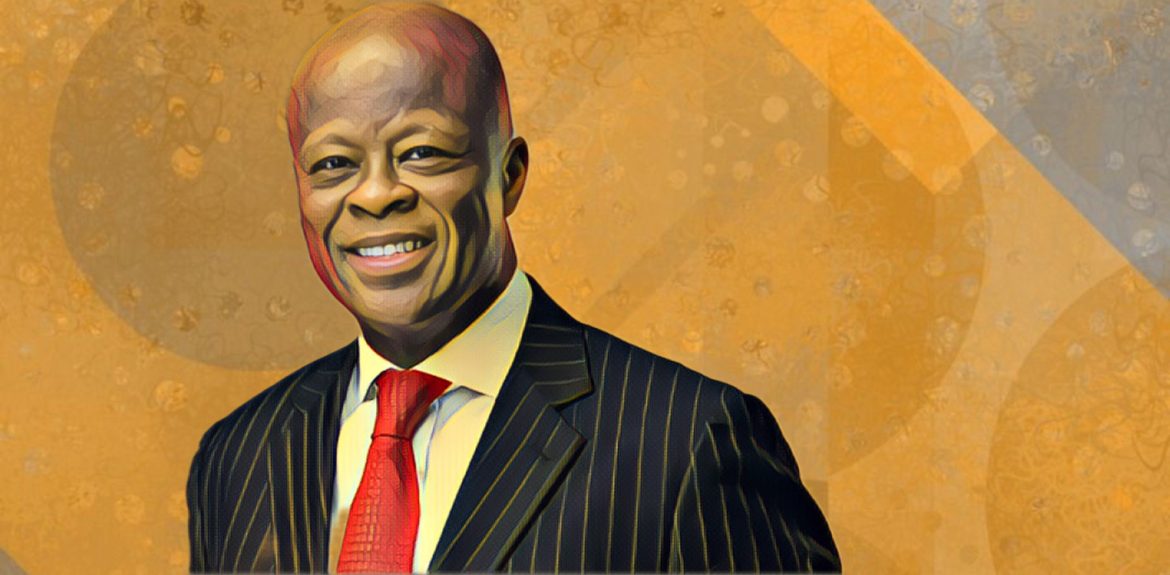Nigeria, Africa’s largest economy, is facing a severe shortage of foreign exchange due to its low export earnings, according to the country’s finance minister. Wale Edun said that the economy needs to diversify its sources of foreign exchange revenue, which are currently dominated by oil exports. He added that foreign investors are not very interested in boosting the country’s foreign direct investment (FDI) due to the inflationary pressures in the Western world.
Edun made these remarks at the 40th annual conference of the Chartered Institute of Directors in Abuja, where he outlined the government’s plans to revive the economy. He said that the government aims to achieve a stable and growing economy, with low inflation, a stable exchange rate, a reasonable interest rate, and a positive balance of trade.
To achieve this, Edun said that the government is implementing various reforms and initiatives, such as the removal of fuel subsidies, the use of pension funds to finance infrastructure projects, the reduction of debt growth, and the increase of energy revenue. He also said that the government is encouraging domestic resource mobilisation and private sector investment, as well as promoting non-oil sectors, such as agriculture, manufacturing, technology, renewable energy, and tourism.
Edun’s comments echo the sentiments of many economic analysts and stakeholders, who have been calling for more economic diversification and structural reforms in Nigeria. According to the National Bureau of Statistics, Nigeria’s total trade in the first quarter of 2023 was N12.05 trillion, representing a 17.5% decrease compared to the same period in 2022. The trade balance was negative, as imports (N7.99 trillion) exceeded exports (N4.06 trillion). The main export item was crude oil, accounting for 79.37% of the total exports, while the main import item was petrol, despite Nigeria being a major crude oil producer.
The dependence on oil exports has made Nigeria vulnerable to external shocks, such as fluctuations in oil prices and exchange rates, as well as security challenges, such as the insurgency in the north and the secessionist agitation in the southeast.
To address these challenges, Nigeria needs to improve its production capacity and competitiveness, as well as diversify its export basket and markets. The country also needs to attract more FDI, which declined by 23.3% to $72.4 billion in 2022, according to PwC. The country should also leverage its potential in various sectors, such as utilities, financial services, information and communication, and construction, which recorded the highest growth rates in the second quarter of 2023, according to the NBS.
By nurturing these sectors and creating a conducive business environment, Nigeria can build a robust and resilient economy that is less dependent on oil exports and more capable of weathering economic uncertainties.
Source: BusinessDay NG


